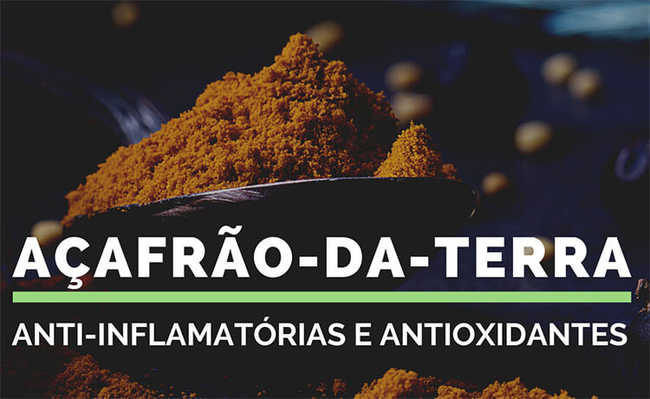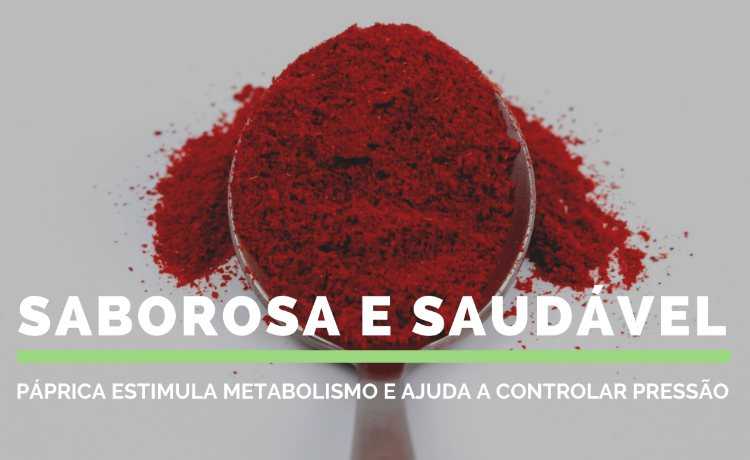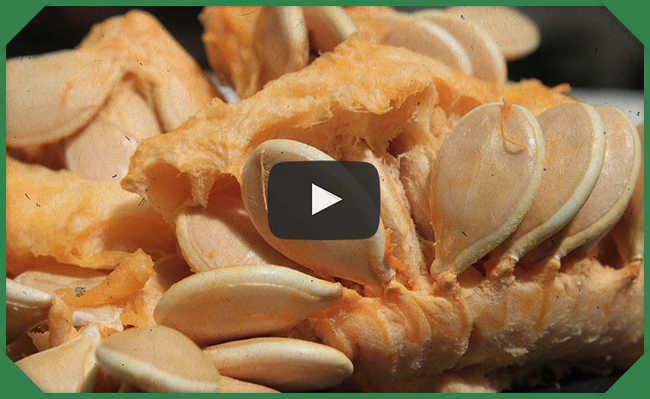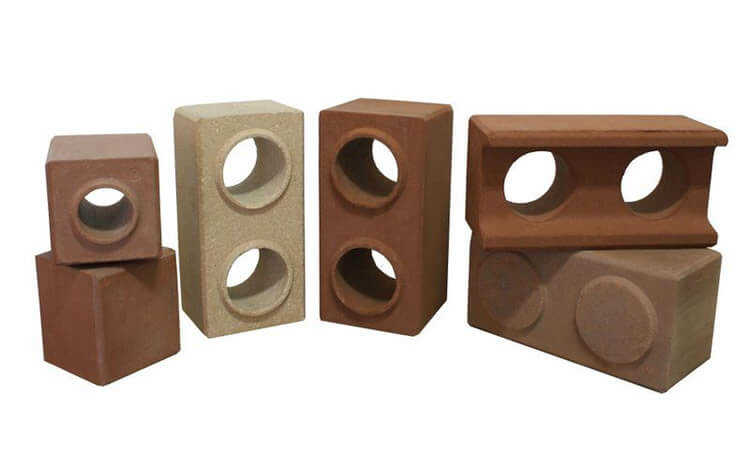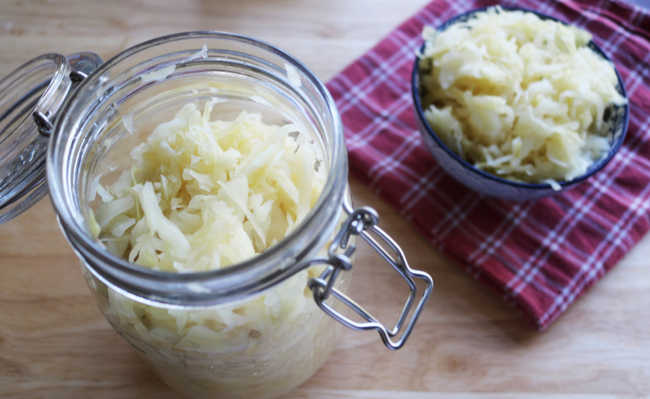Is ghee butter better than regular butter?
The butter ghee it is generally seen as a healthy alternative. Understand
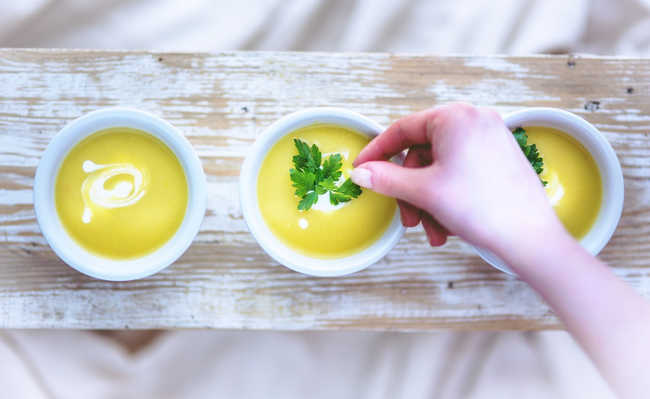
THE ghee is a minimally processed food originating in India. But with the spread of oriental culture across the West, it became known in Brazil, mainly among practitioners of ayurveda and yoga. The butter ghee it is often seen as a healthy alternative to other forms of fat such as conventional butter and margarine; and can be found in the original (made from cow's milk) and vegetable (made from palm oil) versions. But there are those who question its benefits. Understand:
- What are fresh, processed and ultra-processed foods
- What is Ayurveda?
- Pranayama Breathing: Yoga Technique Can Be Very Beneficial
ghee butter of animal origin
From Sanskrit गोघृत (ir-ghṛta), the original ghee is made by heating cow's milk. This process separates the most fatty part of the milk, which is the base of the ghee.
Calories and Nutrients
For comparison, check the caloric and nutritional values of a tablespoon (14 grams) of ghee and conventional butter:
| ghee | Butter | |
|---|---|---|
| calories | 112 | 100 |
| Fat | 13 grams | 11 grams |
| Saturated fat | 8 grams | 7 grams |
| monounsaturated fat | 4 grams | 3 grams |
| polyunsaturated fat | 0.5 grams | 0.5 grams |
| Vitamin A | 12% of daily value (DV) | 11% of DV |
| Vitamin E | 2% of DV | 2% of DV |
| Vitamin K | 1% of DV | 1% of DV |
Both regular butter and ghee are rich in saturated fatty acids, which can withstand high temperatures without being damaged. O ghee it also produces less acrylamide, a toxic compound that is generated by heating vegetable oils such as soybean oil. Learn more about this topic in the article: "Acrylamide: a substance present in fried foods can be carcinogenic".
O ghee contains a higher concentration of fat than butter and slightly more butyric acid and other short chain saturated fats. According to studies, these fats can reduce inflammation and promote intestinal health.
- Why use coconut oil for frying?
Ghee butter also contains linoleic acid, a polyunsaturated fat that can help increase fat loss, according to the study. Overall, the differences between the two types of butter are almost irrelevant. Except for the fact that, the ghee , even though it was made from cow's milk, it is completely free of lactose and the milk protein casein. For people who are allergic or sensitive to these dairy components, the ghee is the best choice.
Another concern is that during the production of ghee at high temperature, LDL cholesterol (considered "bad" cholesterol) can be produced. And LDL cholesterol is associated with an increased risk of developing several diseases, including heart disease (see study about it here). On the other hand, butter does not have bad cholesterol (see study about it here).
- Does altered cholesterol have symptoms? Know what it is and how to prevent it


